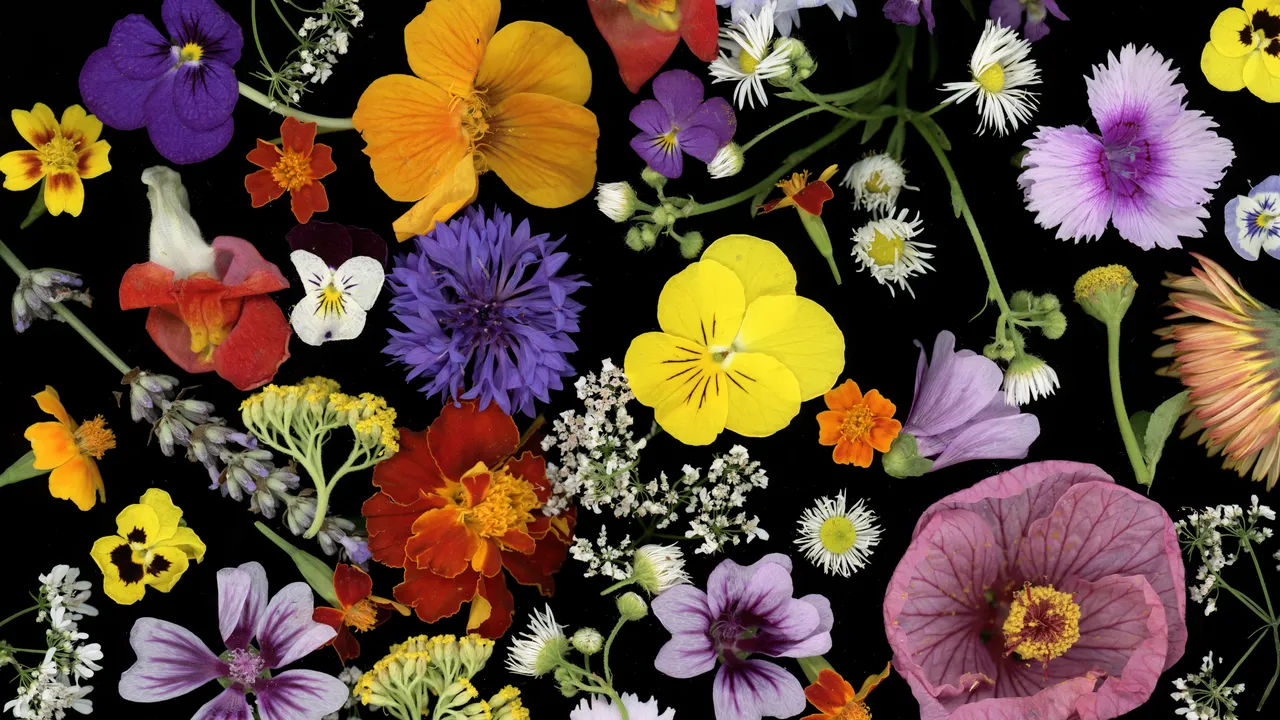Thursday, 19 February 2026
FCUP researchers invest health benefits of edible flowers
As part of the project, the FCUP team will study how the components of these flowers are absorbed by the body through tests on cells that mimic those of the…

As part of the project, the FCUP team will study how the components of these flowers are absorbed by the body through tests on cells that mimic those of the stomach and intestine
Researchers from the Faculty of Sciences of the University of Porto (FCUP) are investigating the health benefits of edible flowers like pansies and carnations, and the best way to consume them to maximise their benefits.
In a statement, FCUP announced that the project, named Antho E.flos, aims to explore the benefits of edible flowers, which are not yet widely consumed in Portuguese culture.
The project leader, Hélder Oliveira, stated that the ultimate goal of the project is to understand how we can consume these edible flowers, how much we need to consume, and what is the best combination to ensure the best nutritional results.
The researchers at FCUP’s Associated Laboratory for Green Chemistry (LAQV-REQUIMTE) have been working with anthocyanins, a natural pigment found in most purple, red, or blue foods known for their antioxidant power.
Currently, researchers are studying different species of edible flowers, such as pansies, fidalguinhos, cosmos, and the pea flower, which is not yet present in Portugal. Recently, they have also added carnations to the research, as their red colour indicates potential health benefits. According to the researcher, the majority of edible flowers contain acylated anthocyanins, making their structures considerably more stable than other foods, such as Port or red fruits.
One of the questions the researchers are exploring is the best way to capitalise on the benefits of these flowers. They have concluded that the flowers should be minimally processed, as they only remain stable at low temperatures.
As part of the project, the FCUP team will study how the components of these flowers are absorbed by the body through tests on cells that mimic those of the stomach and intestine. Understanding how the gastrointestinal tract affects the final destination of these anthocyanins is crucial, whether in terms of their potential metabolisation, degradation, or absorption.
Another aspect of the project is to explore how olive oils and vinegar can be enriched with these flowers, an idea that originated from chef Fábio Bernardino and Ana Faria’s team, co-leaders of the project and a professor at Nova Medical School.
The researchers are also interested in investigating if these flowers can have an impact on the symptoms associated with metabolic syndrome, such as diabetes or high blood pressure, and have submitted a project for evaluation.
This project, funded by the Foundation for Science and Technology, includes researchers from the Universidade Nova de Lisboa and Nova Medical School.
Technology
Tetra Pak extends paper-based barrier packaging to high-speed packaging lines in Asia
Feb 19, 2026 | Company News
Food Testing
Redefining Trust in Organic Foods through Independent Testing
Feb 13, 2026 | Food Safety and Testing
AFNOR International Eyes Global Food Safety Growth with HACCP Group Takeover
Feb 04, 2026 | Australia
More Popular
FCI Signs Five-Year Rice Supply Agreement with World Food Programme
Feb 19, 2026 | Food
Tetra Pak extends paper-based barrier packaging to high-speed packaging lines in Asia
Feb 19, 2026 | Company News
POLO Expands Sugar-Free Range with Two New Mint Variants
Feb 19, 2026 | Company News






